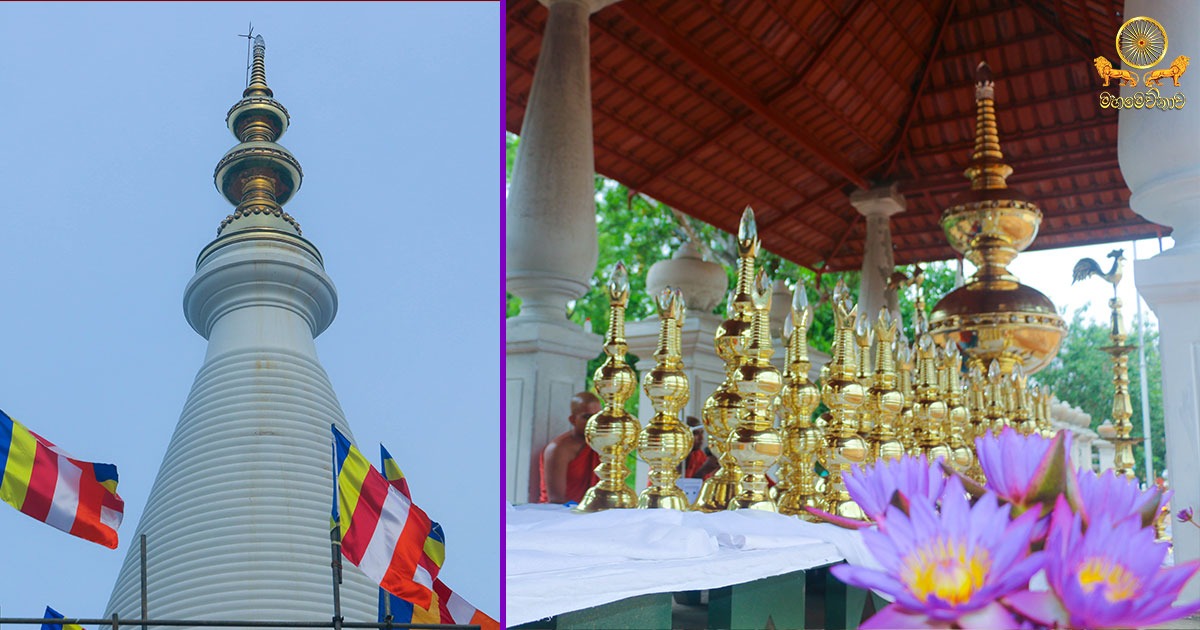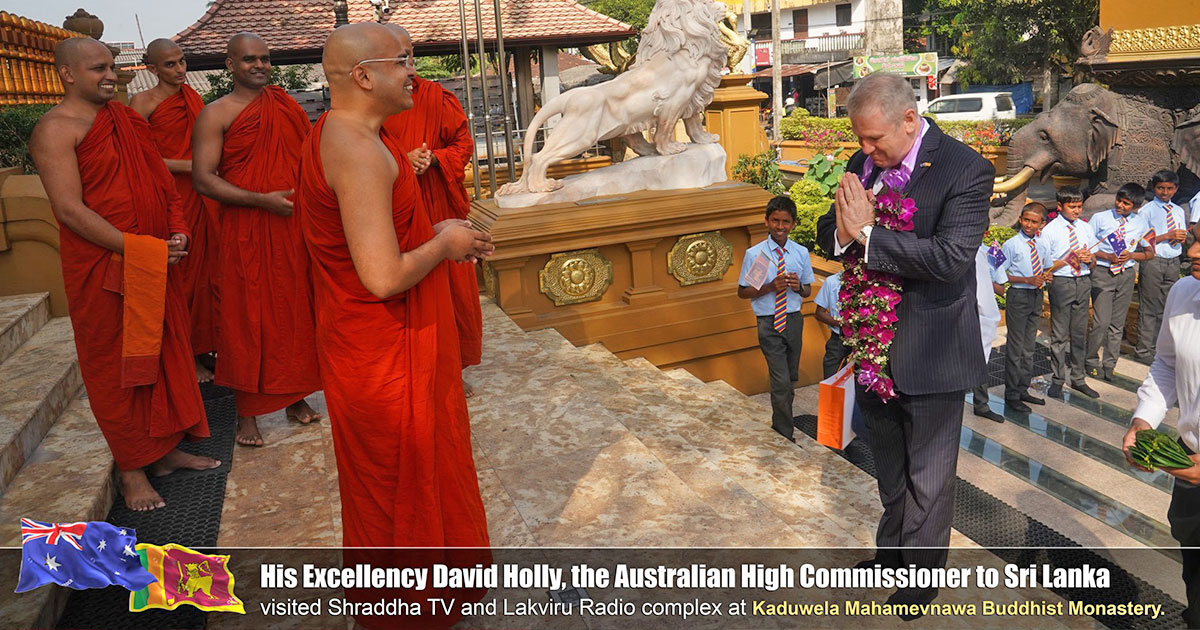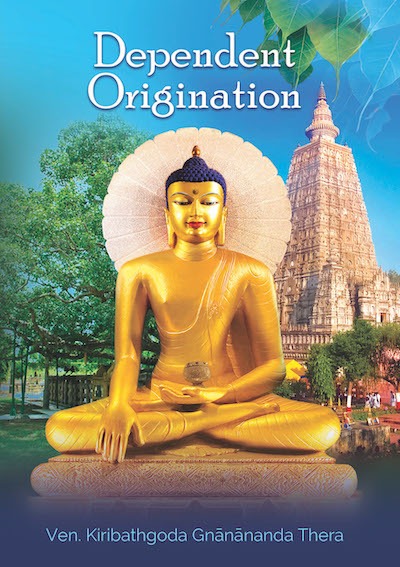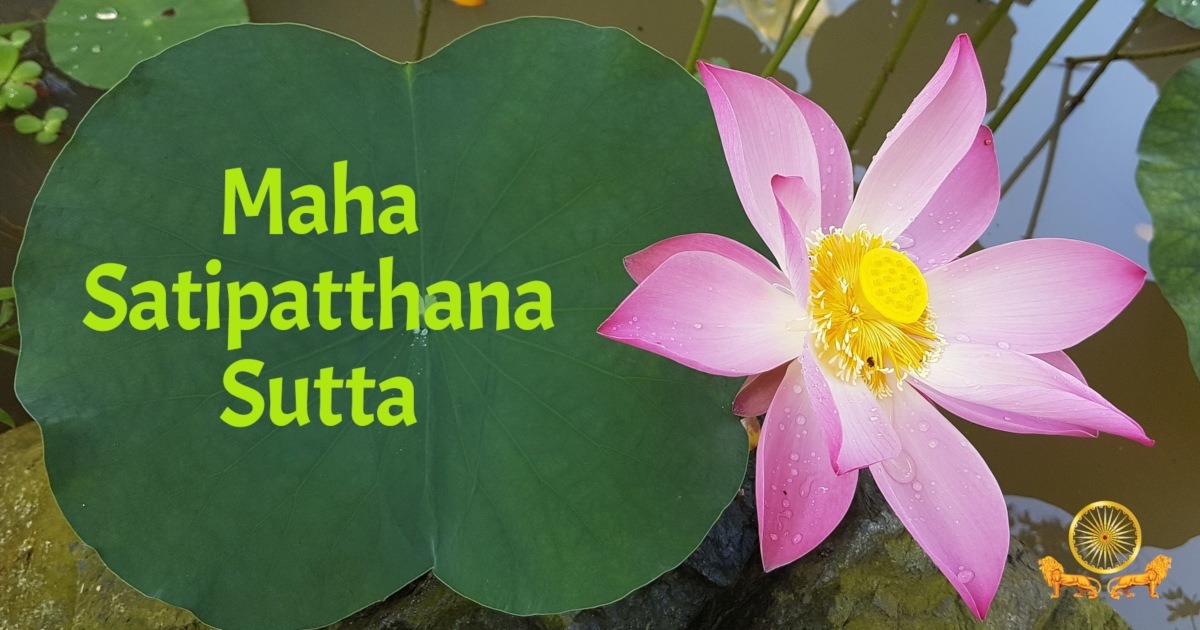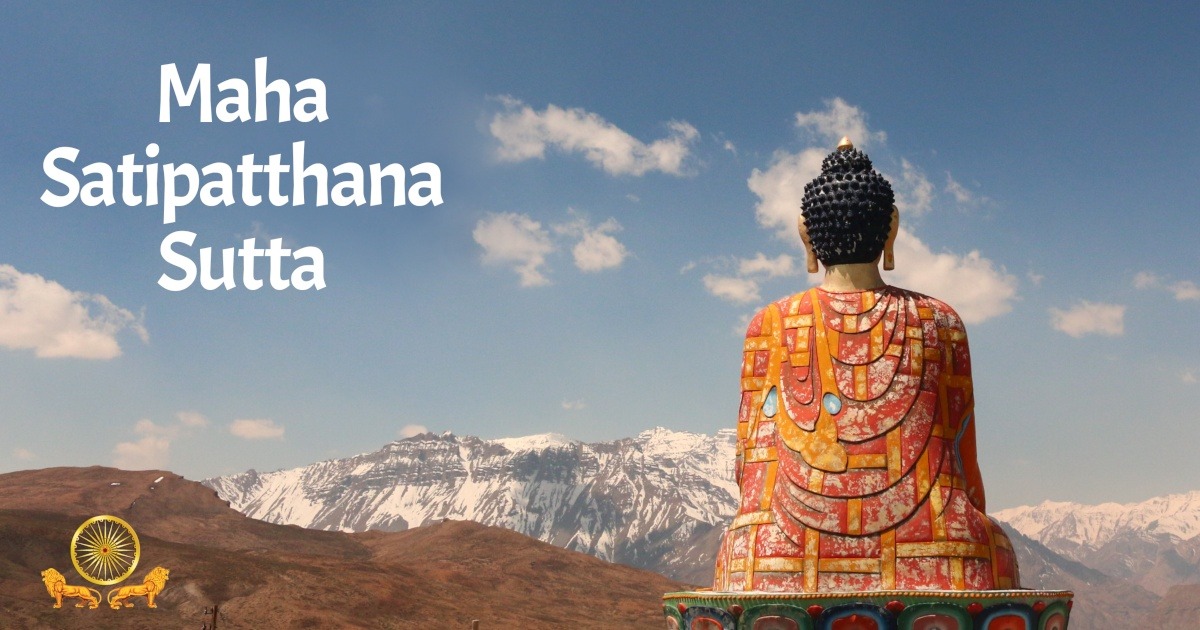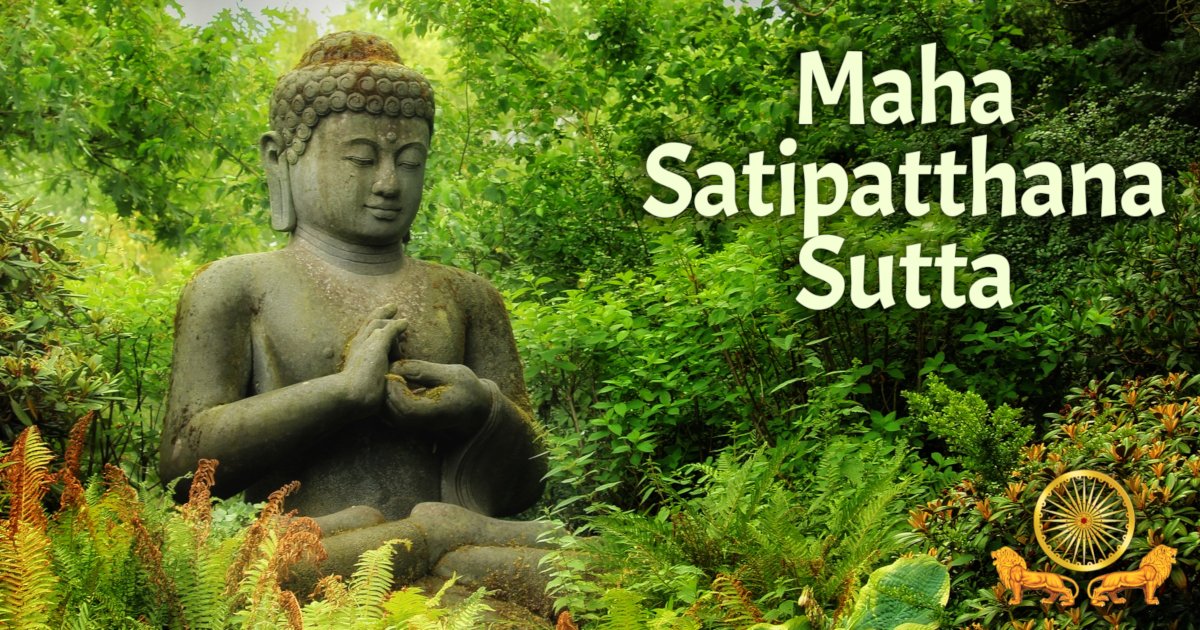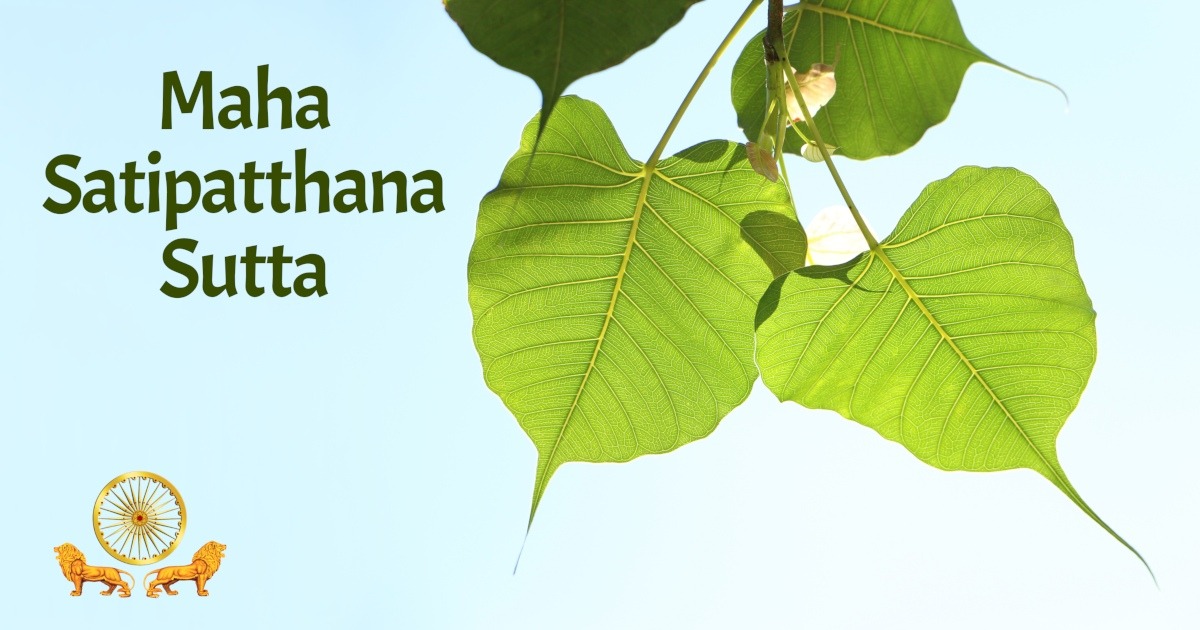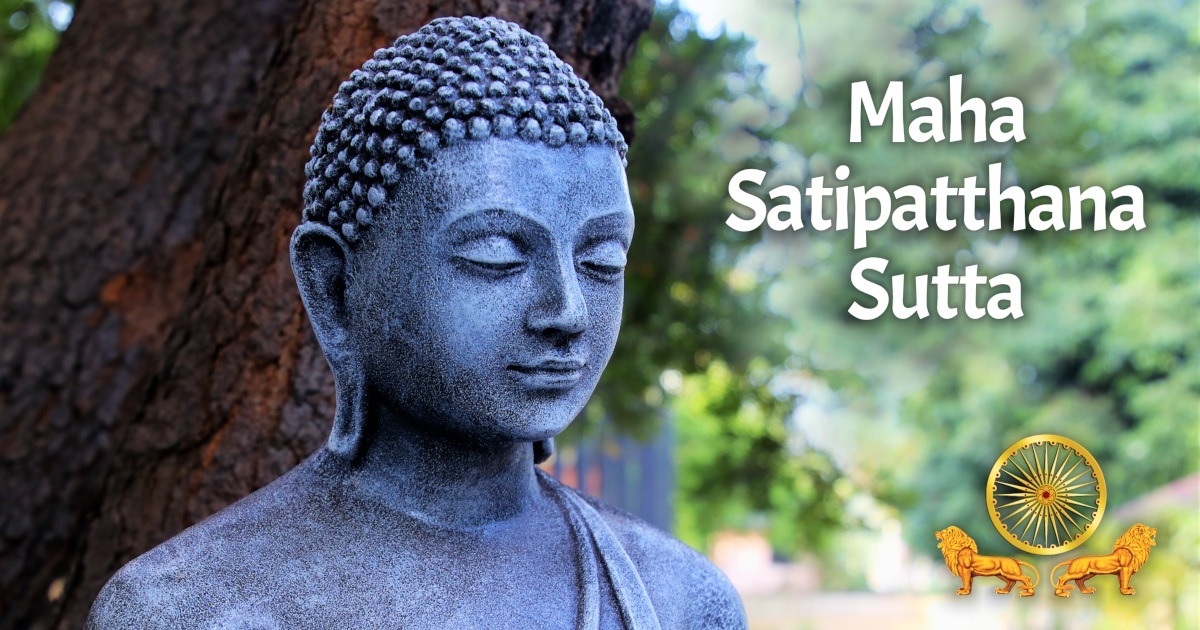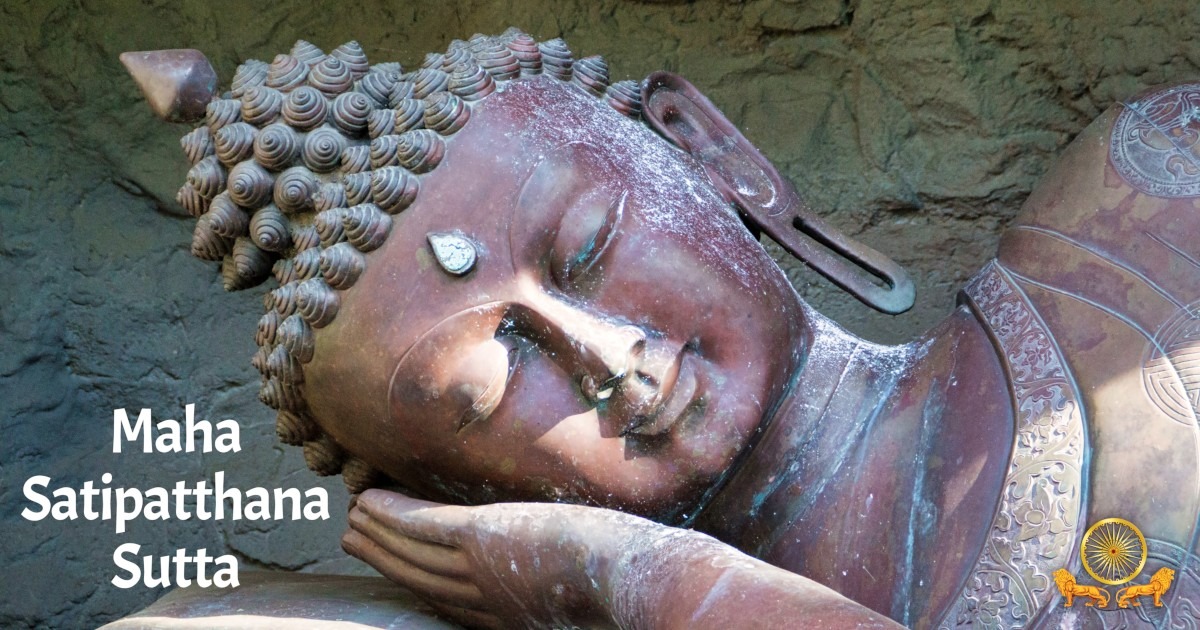Sacred Pinnacle (Koth Wahanse) Offering Ceremony to Sri Angulimala Stupa
Dear Dhamma friend, We would like to invite you to rejoice in a very rare and very powerful good kamma ceremony that took place on the 16th of May early morning. By placing The sacred huge beautiful Pinnacle ( Koth Wahanse), The Great Angulimala Stupa was honored by Maha Sangha & lay devotees.

